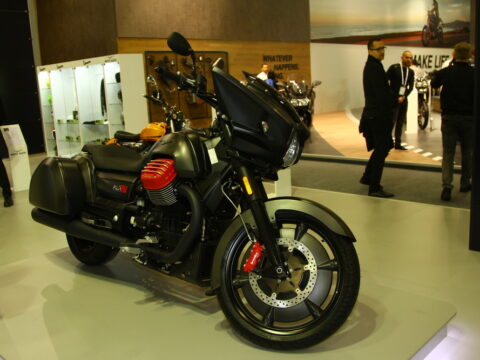When it comes to automotive reliability, engines play a critical role. However, not all engines are built to last, and some have faced significant challenges, leading to widespread recalls. In this article, we’ll take a look at 13 engines that have experienced the most recalls in automotive history, highlighting the issues that plagued them and how they impacted car owners.
Contents
Ford 3.5L EcoBoost V6
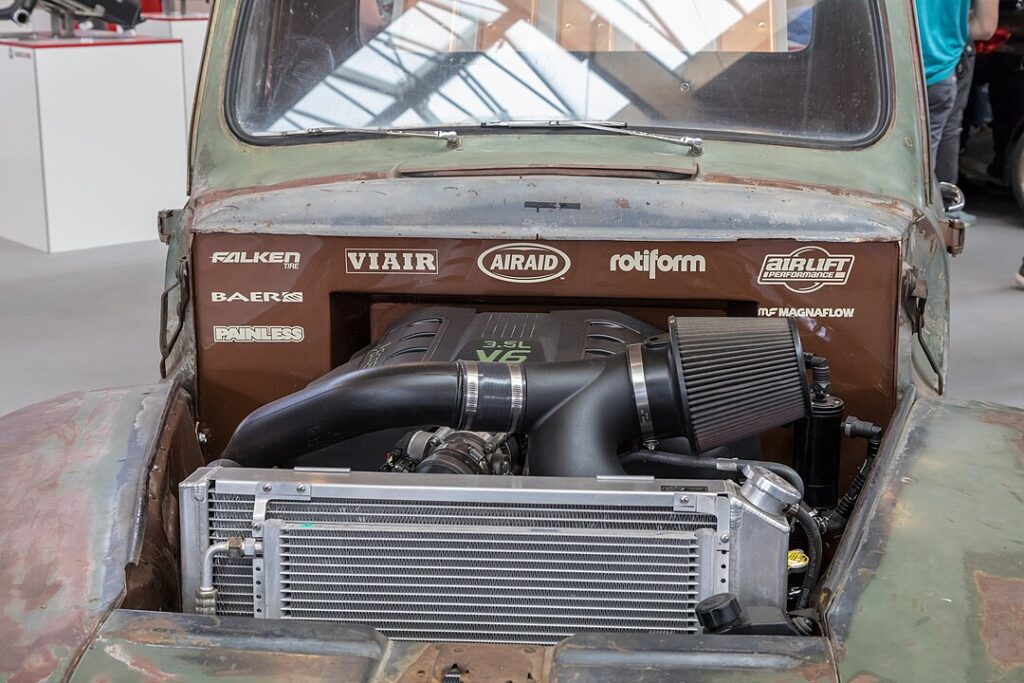
The Ford 3.5L EcoBoost V6 engine is renowned for its power and efficiency, but it has also been plagued by significant issues. Many owners reported stalling and sudden loss of power while driving, attributed to problems with the intercooler and turbocharger. The engine’s turbochargers were also prone to premature failure, leading to costly repairs and multiple recalls. Despite being a high-performance engine, these reliability issues led to a tarnished reputation in the early models.
GM 5.3L V8 (Vortec)
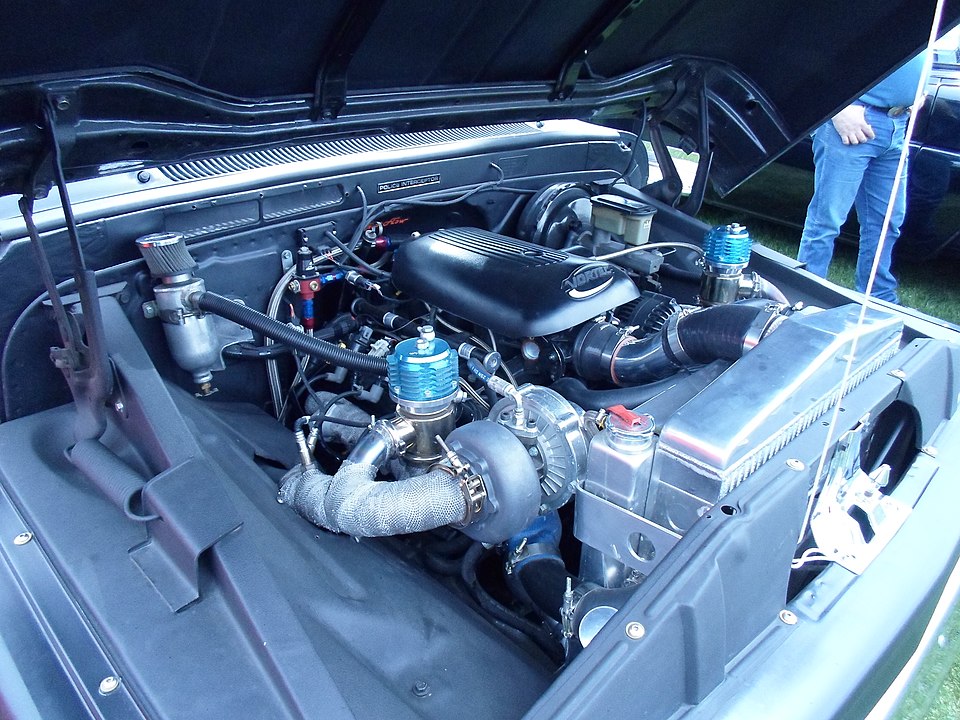
The GM 5.3L V8, commonly known as the Vortec, was found in many popular trucks and SUVs. However, this engine faced numerous recalls due to excessive oil consumption and engine misfires. The issues stemmed from a flawed Active Fuel Management system, which contributed to increased oil consumption, fouling the spark plugs and causing misfires. These problems led to frequent trips to the mechanic and prompted GM to issue multiple recalls over the years.
Toyota 3.5L V6 (2GR-FE)
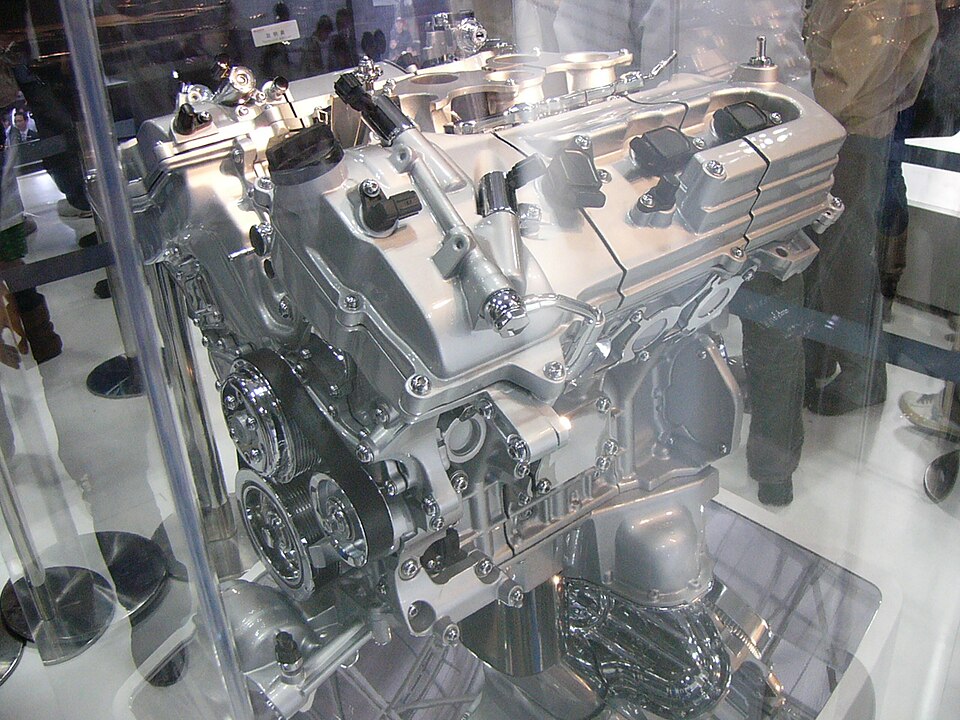
Toyota’s 3.5L V6 (2GR-FE) was widely used across many of their models, but it was subject to a significant recall for valve spring failures. Faulty valve springs could break, leading to engine stalling, misfires, and even complete engine failure in some cases. This defect affected vehicles across Toyota’s lineup, prompting the company to address the issue through a large-scale recall to replace the faulty components.
Chrysler 2.7L V6
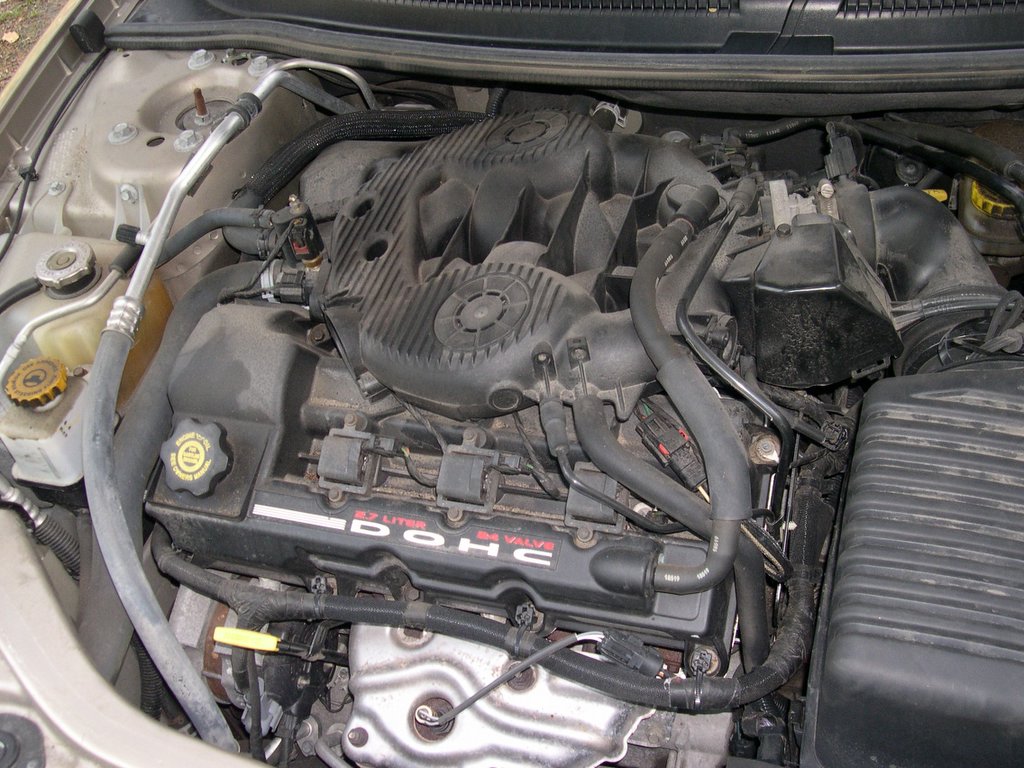
The Chrysler 2.7L V6 engine was notorious for oil sludge buildup, which often resulted in complete engine failure. Poor engine design caused inadequate oil circulation, leading to excessive heat and sludge formation. These issues were especially common in the early 2000s models, causing significant recalls as the engine became prone to failure long before its expected lifespan.
Nissan 2.5L I4 (QR25DE)
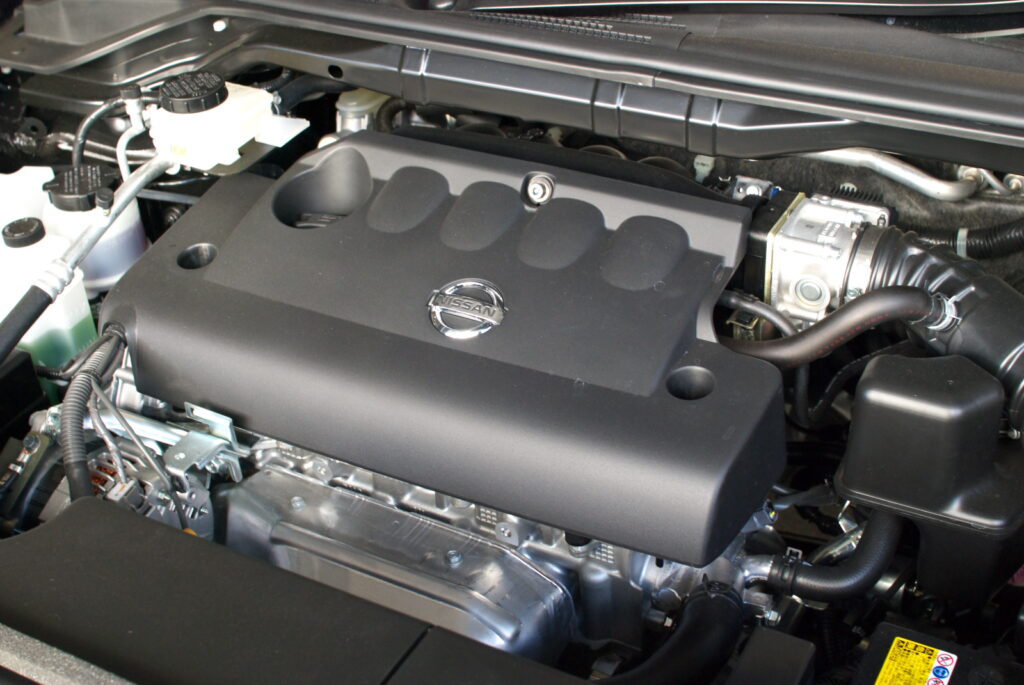
Nissan’s 2.5L QR25DE engine, used in several models, was subject to numerous complaints and recalls due to excessive oil consumption and timing chain problems. The timing chain tensioners were prone to failure, causing the chain to stretch or break, leading to engine misfires and, in extreme cases, catastrophic engine failure. These issues led to expensive repairs and widespread dissatisfaction among owners.
Ford 4.6L V8 (Modular Engine)
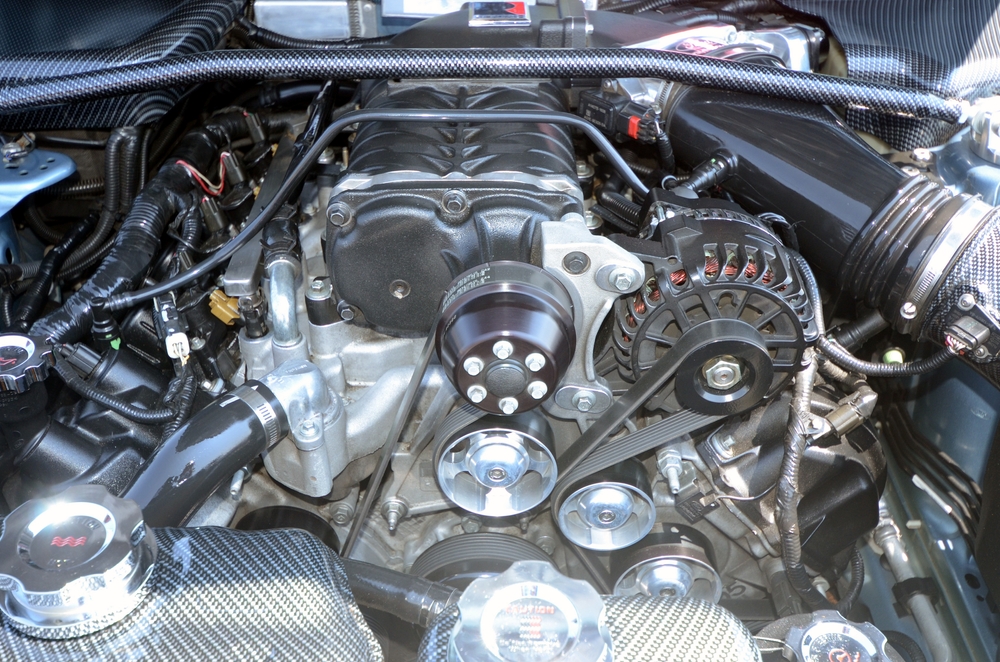
Ford’s 4.6L Modular V8 engine, while widely used and generally durable, had a notorious issue with spark plug ejection, where the spark plugs could unexpectedly blow out of the engine. This defect, coupled with timing chain problems, led to several recalls and repairs, affecting many Ford models equipped with this engine.
Subaru 2.5L Boxer Engine (EJ25)
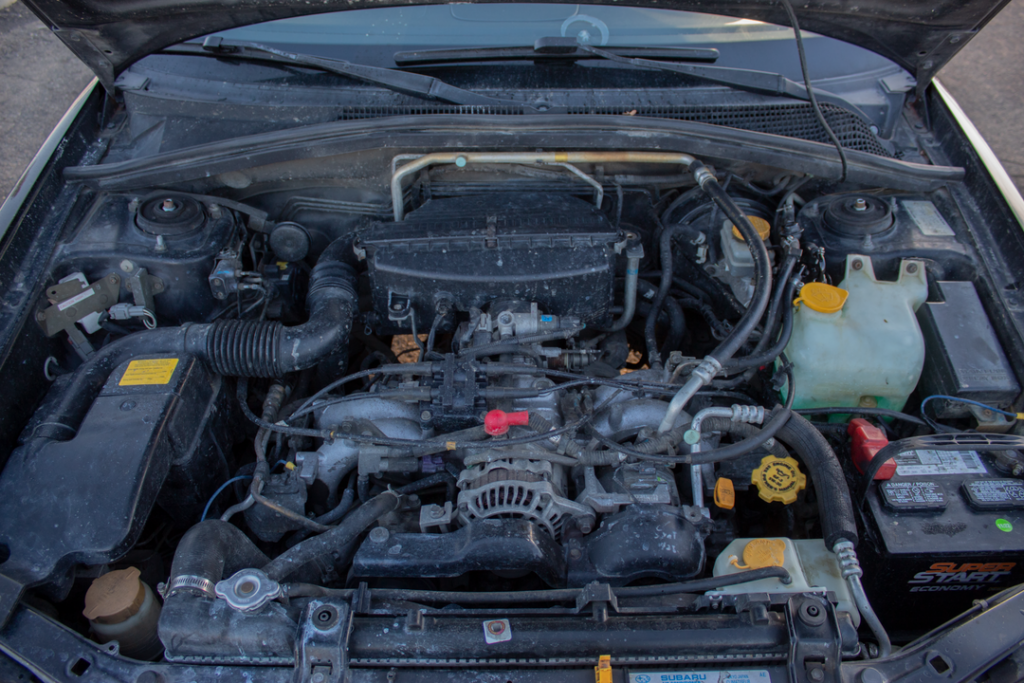
The Subaru 2.5L EJ25 boxer engine is infamous for head gasket failures. The unique flat-four design made the engine prone to head gasket leaks, leading to coolant and oil mixing, overheating, and potential engine failure. Subaru addressed the issue with recalls and updated gaskets, but the engine’s reputation was heavily impacted by these recurring problems.
Chevrolet 2.4L Ecotec I4
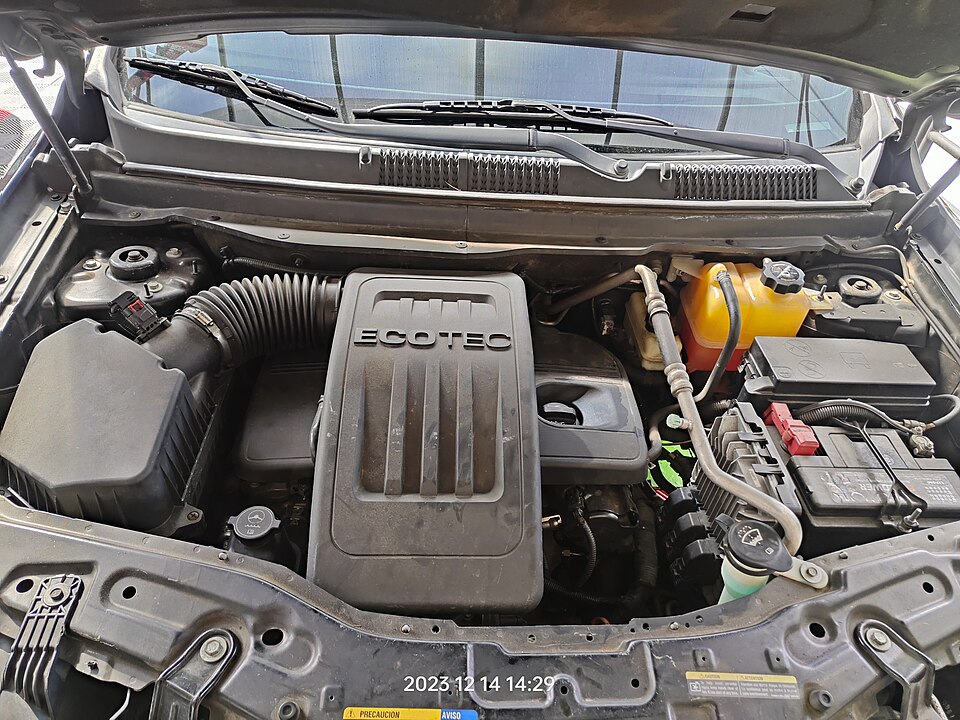
Chevrolet’s 2.4L Ecotec engine faced numerous issues, including timing chain failures, excessive oil consumption, and eventual engine failure. The timing chain would stretch prematurely, causing poor engine performance and, in some cases, catastrophic failure. The engine’s propensity for oil consumption added to the woes, leading to widespread recalls and repairs.
Toyota 2.4L I4 (2AZ-FE)
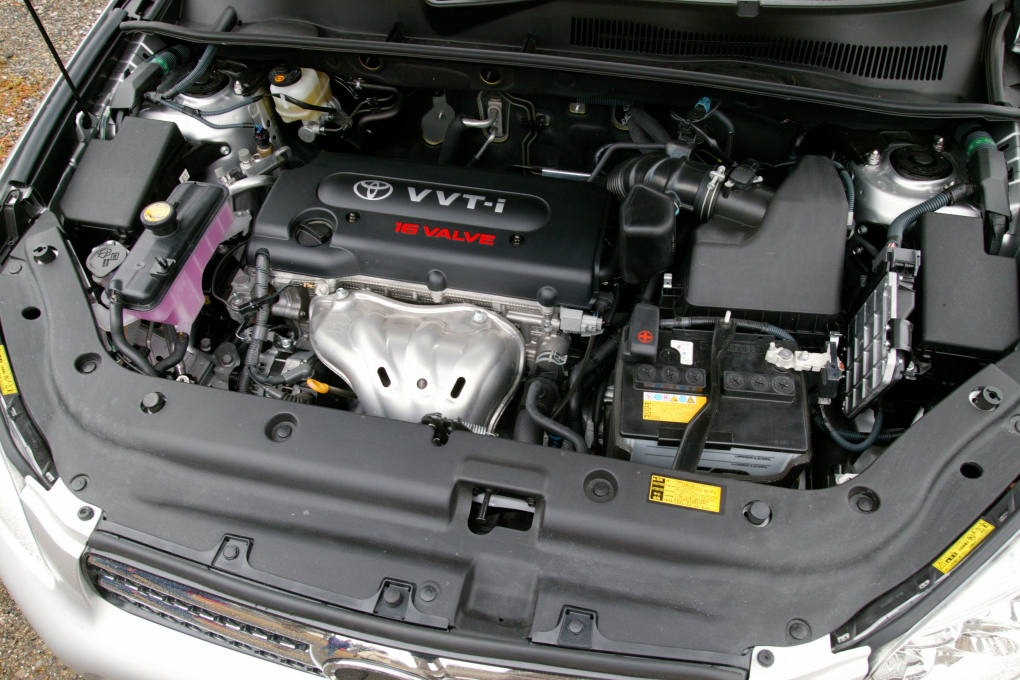
Toyota’s 2.4L 2AZ-FE engine was prone to excessive oil consumption, which could lead to engine failure if not addressed. The issue was caused by faulty piston rings, which allowed oil to burn at a higher rate than normal. Toyota issued recalls to fix the problem, but the engine’s reputation for reliability was tarnished by this widespread issue.
Mini Cooper 1.6L I4 (Prince Engine)
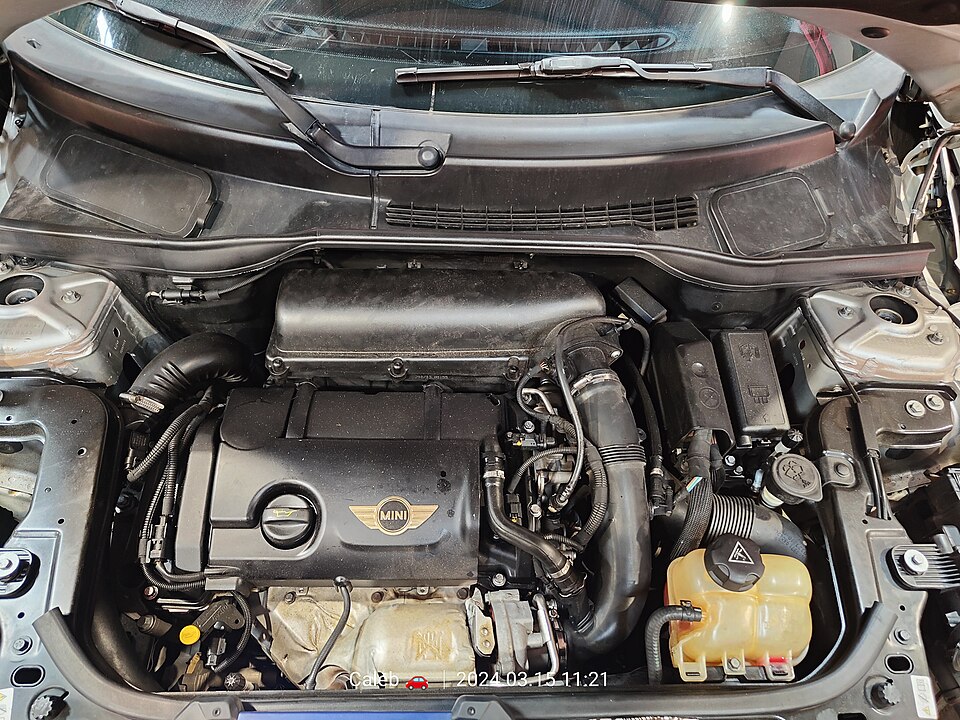
The Mini Cooper 1.6L I4, also known as the Prince engine, was notorious for timing chain tensioner failures and overheating issues. The engine’s timing chain would often fail prematurely, causing severe engine damage if not repaired in time. These problems led to numerous recalls and extended warranties to address the reliability concerns.
Chrysler 5.7L HEMI V8
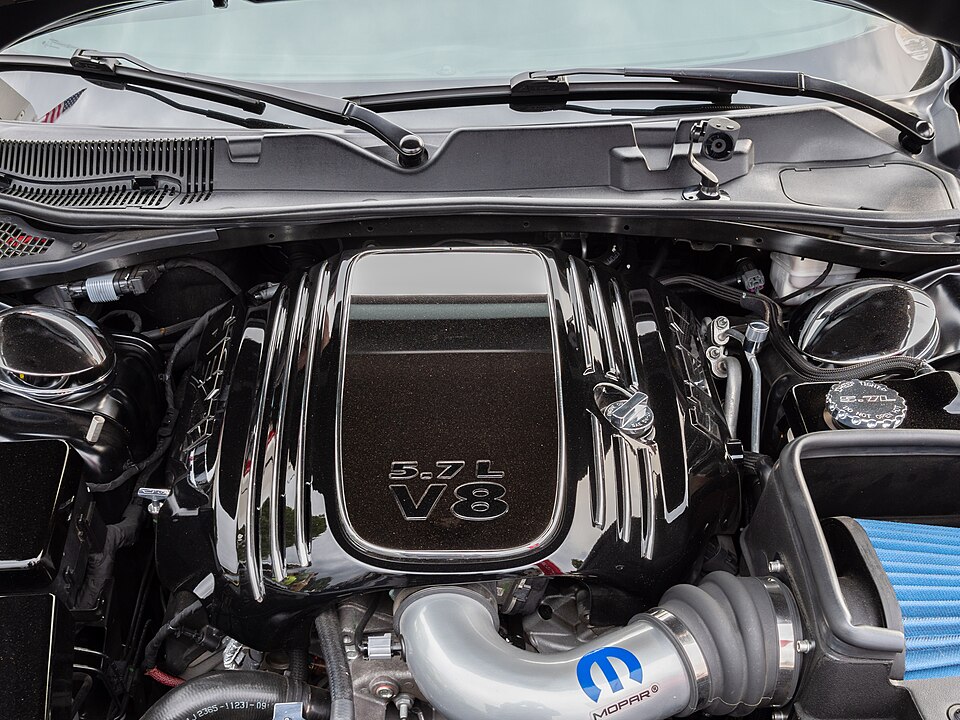
The 5.7L HEMI V8 is a powerful engine, but it has been plagued by valve train issues that lead to engine knocking and stalling. The lifters and camshafts were prone to premature wear, causing engine misfires and potential stalling. Chrysler issued several recalls to address these issues, but the engine’s performance reputation was affected.
Ford 1.6L EcoBoost I4
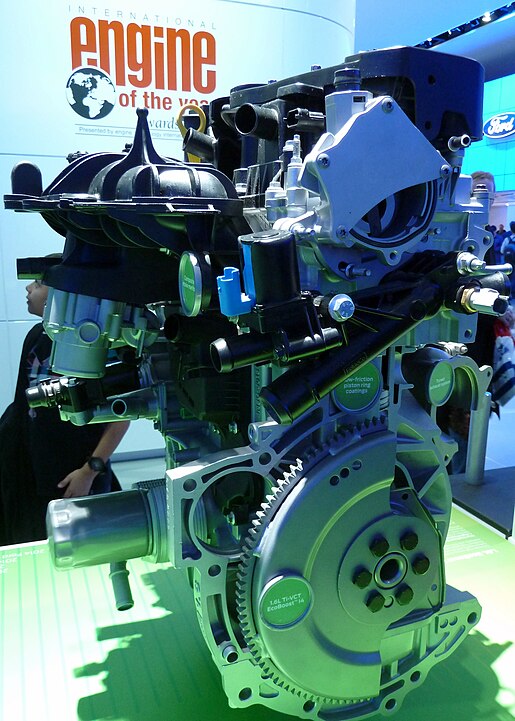
The 1.6L EcoBoost I4 engine, while efficient, faced recalls due to overheating issues that could lead to engine fires. The engine’s cooling system was insufficient for some driving conditions, causing the engine to overheat and, in extreme cases, catch fire. Ford issued recalls and updated the cooling system to prevent these dangerous failures.
Volkswagen 1.4L TSI I4
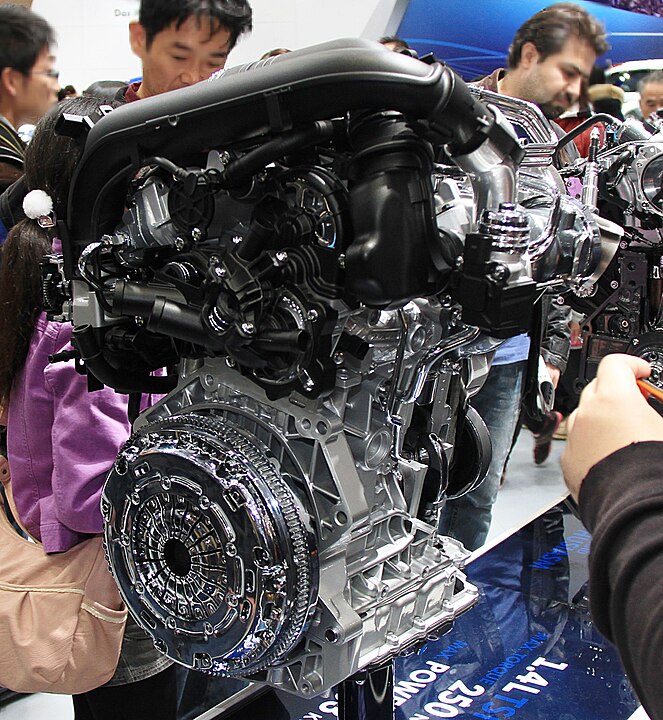
Volkswagen’s 1.4L TSI I4 engine faced recalls due to turbocharger issues and timing chain tensioner failures. The turbocharger was prone to premature failure, causing loss of power and poor engine performance. Additionally, the timing chain tensioner could fail, leading to serious engine damage if not caught early. Volkswagen issued recalls and extended warranties to resolve these problems.
This article originally appeared in MyCarMakesNoise.
More from MyCarMakesNoise
13 Sleek Jet Skis That Redefine Speed and Style

When it comes to hitting the water, nothing combines thrill and style quite like a jet ski. In this article, we’re diving into 13 sleek models that not only push the boundaries of speed but also set new standards for design. Read More
9 Surprising Products You Didn’t Know Were Ferrari-Branded

When you think of Ferrari, sleek sports cars and roaring engines likely come to mind. But Ferrari’s influence goes beyond the racetrack. From fashion to everyday gadgets, the iconic prancing horse logo has found its way onto a range of unexpected products. Read More
7 Unforgettable Racing Feats of Nissan’s GT-R Models

Nissan’s GT-R models have earned a legendary status on the track, known for their speed, precision, and unwavering performance. From breaking records to claiming victory in some of the world’s most prestigious races, the GT-R has cemented its place in motorsport history. Read More




